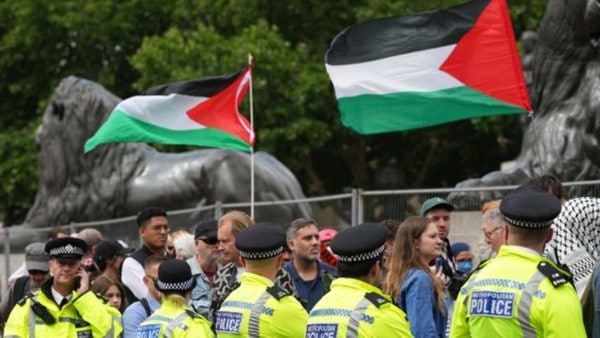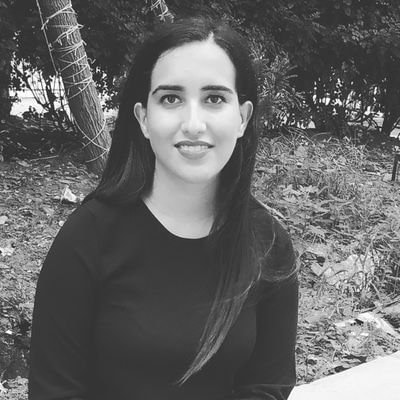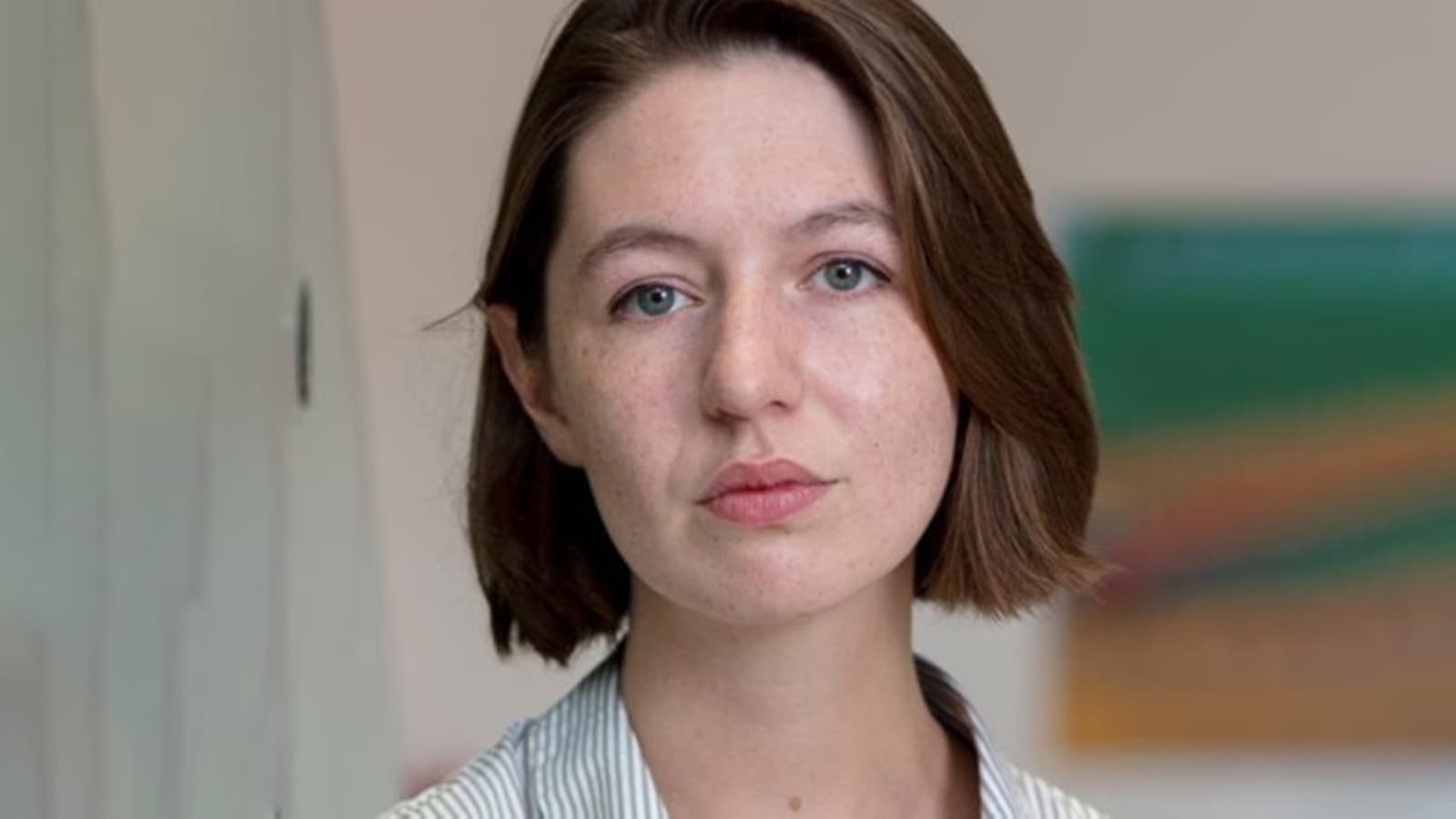Sally Rooney, the Irish novelist whose bestselling works Normal People and Conversations with Friends turned her into a literary star, is at the center of a growing controversy in Britain. After pledging to donate her book royalties to Palestine Action, which is a group the UK government recently designated as a terrorist organisation, Rooney now faces the possibility of arrest under Britain’s sweeping counterterrorism laws. The episode has raises concerns over the reach of anti-terror legislation, the boundaries of free speech, and the risks cultural figures, who openly support a political causes, face.
“The ramifications for cultural and intellectual life in the UK will be profound,” Rooney wrote in The Irish Times, adding: “I would happily publish this statement in a UK newspaper – but that would now be illegal.”
Who is Sally Rooney?
At 34, Rooney is one of the most celebrated writers of her generation. Her novels have sold millions of copies worldwide, been translated into dozens of languages, and adapted into hit BBC dramas. While known for intimate portraits of millennial life, she has also drawn attention for her outspoken support of Palestinian rights.
Story continues below this ad
 Demonstrators pass a line of police during a protest by the Palestine Action Group in London. (AP)
Demonstrators pass a line of police during a protest by the Palestine Action Group in London. (AP)
What did she pledge?
In her essay, Rooney defended Palestine Action, which stages disruptive protests against Britain’s arms industry. She compared its tactics to earlier movements of civil disobedience. “Activists who disrupt the flow of weapons to a genocidal regime may violate petty criminal statutes, but they uphold a far greater law and a more profound human imperative: to protect a people and culture from annihilation,” she wrote.
Rooney pledged to redirect all proceeds from her books and adaptations: “I want to be clear that I intend to use these proceeds of my work, as well as my public platform generally, to go on supporting Palestine Action and direct action against genocide in whatever way I can.”
Why is this legally risky?
Palestine Action was banned by the British government in July after activists broke into an RAF base in Oxfordshire and vandalised aircraft. Under the Terrorism Act 2000, providing funds to, or publicly endorsing, a proscribed group is a criminal offence. Legal experts warn that Rooney could face arrest if she entered Britain or even voiced her views at a UK literary festival.
Rooney herself acknowledged this: “If this makes me a ‘supporter of terror’ under UK law, so be it.”
Story continues below this ad
What has the government said?
Downing Street reiterated that “support for a proscribed organisation is an offence under the Terrorism Act,” while noting the difference between legitimate protest and unlawful endorsement. Since the ban, more than 700 people have been arrested, including many at a peaceful protest in Parliament Square earlier this month.
The United Nations Human Rights Office has criticised the British government’s decision, warning that it risks misusing counterterrorism law. “The U K Government’s decision to label ‘Palestine Action’ a terrorist group raises serious concerns that counter-terrorism legislation is being applied to a group that is not terrorist in nature and risks hindering the legitimate exercise of fundamental freedoms,” the statement said.
“The decision could lead to a further chilling effect on the lawful exercise of these rights by many people.”
Expand

© IE Online Media Services Pvt Ltd

